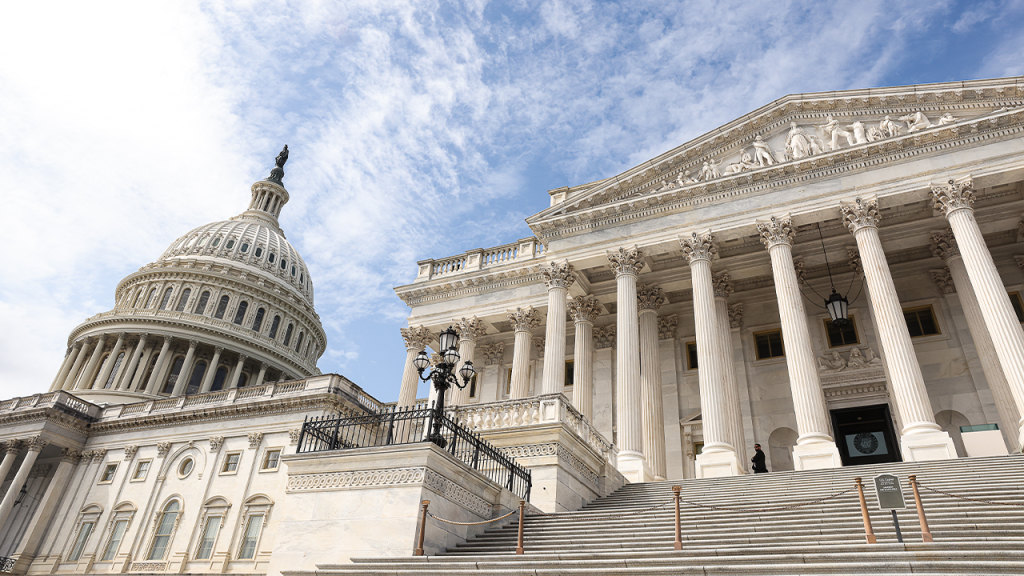The inherent vulnerability of members of Congress has been starkly highlighted by a recent confluence of events, underscoring that these public figures are not immune to health issues, accidents, and the escalating threats of violence that permeate the current political landscape. From falls and hospitalizations to targeted harassment and the chilling specter of assassination, the risks faced by those who serve on Capitol Hill are increasingly evident.
The recent health scares of prominent figures like Senator Mitch McConnell, former House Speaker Nancy Pelosi, and Senate Chaplain Barry Black serve as a reminder of the physical fragility that affects everyone, regardless of position or power. McConnell’s recent fall and concussion, coupled with his previous health issues, raise concerns about the demanding nature of Congressional life, especially for aging members. Pelosi’s hip replacement surgery following a fall while abroad highlights the unexpected nature of such incidents. Black’s hospitalization for a subdural hematoma underscores the vulnerability even outside the political arena. These events collectively emphasize the human element in the often-polarized world of politics.
Beyond health concerns, the escalating threats against lawmakers paint a disturbing picture of the current political climate. U.S. Capitol Police Chief Tom Manger’s report of 700 threats in November alone, including a record number of “swatting” calls, reveals a deeply concerning trend. This tactic, involving false distress calls to trigger SWAT team deployments, not only terrorizes lawmakers and their families but also endangers the public, as evidenced by the tragic death of a bomb squad member responding to a swatting call targeting Representative Marjorie Taylor Greene. The sheer volume of threats and the increasing use of swatting underscore the urgent need for enhanced security measures and a broader societal effort to de-escalate the volatile political rhetoric that fuels such actions.
The prevalence of these threats, ranging from online vitriol to real-world harassment, has transformed the experience of serving in Congress. Lawmakers are now forced to live with a heightened sense of vulnerability, impacting their personal lives and their ability to carry out their duties. The fear of being targeted, whether through physical violence or disruptive tactics like swatting, creates a constant state of anxiety and erodes the sense of safety that should be afforded to public servants. The chilling effect of such threats extends beyond individual lawmakers, impacting their families and potentially discouraging future generations from entering public service.
The recent assassination of UnitedHealthcare CEO Brian Thompson in New York City further amplifies these concerns, raising the specter of politically motivated violence targeting prominent figures. The subsequent reactions, with some appearing to condone or rationalize the act, highlight the dangerous erosion of civility and the normalization of violence in some segments of society. This incident serves as a stark reminder of the potential consequences of unchecked hatred and the urgent need for a unified condemnation of such acts, regardless of political affiliation.
The cumulative impact of these events – health scares, escalating threats, and the unsettling reality of politically motivated violence – underscores the vulnerability of those who serve in Congress. Lawmakers are grappling with an increasingly hostile environment, where personal safety is no longer a given. This precarious situation has prompted some to consider their future in public service, raising concerns about the long-term impact on the quality and diversity of representation in government. The challenge lies in finding ways to address these threats effectively while preserving the fundamental principles of democratic discourse and ensuring that fear does not become a barrier to public service. The safety and well-being of lawmakers are not merely personal concerns but are essential for the health and functioning of our democracy.

